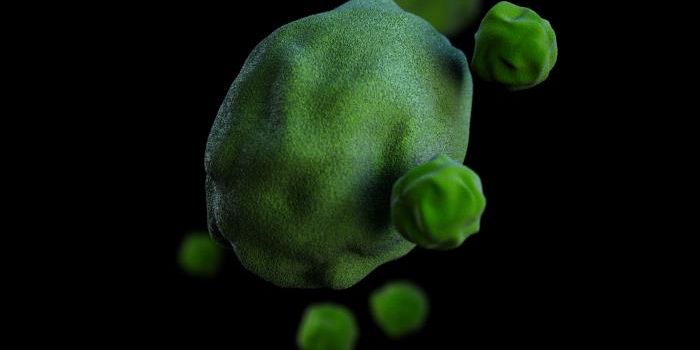Feeling down? It’s all in your head but now researchers know where. Depression is often associated with a stigma that those who suffer from it just are not trying hard enough. Especially if a person is depressed but there has been no traumatic event in their lives. Many would say that it’s not real, that patients need to “get over it” and just choose to feel better, but with the recent findings, there might be more understanding of the illness that can be so crippling.

Researchers from the University of Warwick in the UK and Fudan University in China have published a study that pinpoints a specific area of the brain that is affected by depression. The lateral orbitofrontal cortex is the part of the brain that regulates non-reward. The brain is highly efficient in processing tasks that produce a reward and humans quickly learn to repeat actions that produce a reward. However, when the brain doesn’t signal a reward, that leads to feelings of loss and sadness. The lateral orbitofrontal cortex is implicated in this process. It’s also the same part of the brain that regulates the sense of self and personal worth, so there's a connection to the lack of a reward and the feelings of low self-esteem that depressed patients often experience.
The study also showed that depressed patients have reduced connectivity in the reward brain area (which is in the medial orbitofrontal region) when it interacts with the parts of the brain that store memories. This is possibly the mechanism that keeps depressed patients from remembering happier times. This loss of connectivity to better times results in the depression lingering.
Professor Edmund Rolls from Warwick, Professor Jianfeng Feng from Warwick and from Fudan University in Shanghai, Dr Wei Cheng from Fudan University conducted the study by recruiting over 1000 participants in China who agreed to have high precision MRIs. These scans looked closely at the connections in both the medial and lateral oribitofrontal cortex and that is where the researchers found the activitiy associated with depression. Being able to see this kind of connectivity in the brain could lead to new treatments for patients who cannot adequately recall happier thoughts to fight off the negative ones.
These new discoveries could be a breakthrough in treating depression, by getting to the root cause of the illness, and helping depressed people to stop focusing on negative thoughts. In a press release, Professor Jianfeng Feng said, “More than one in ten people in their life time suffer from depression, a disease which is so common in modern society and we can even find the remains of Prozac (a depression drug) in the tap water in London. Our finding, with the combination of big data we collected around the world and our novel methods, enables us to locate the roots of depression which should open up new avenues for better therapeutic treatments in the near future for this horrible disease.”
The study, “Medial reward and lateral non-reward orbitofrontal cortex circuits change in opposite directions in depression” is published in the journal Brain. The video talks about the study and the implications it could have for patients facing depression. Check it out.
Sources:
UPI,
PsyBlog,
Brain,
University of Warwick









